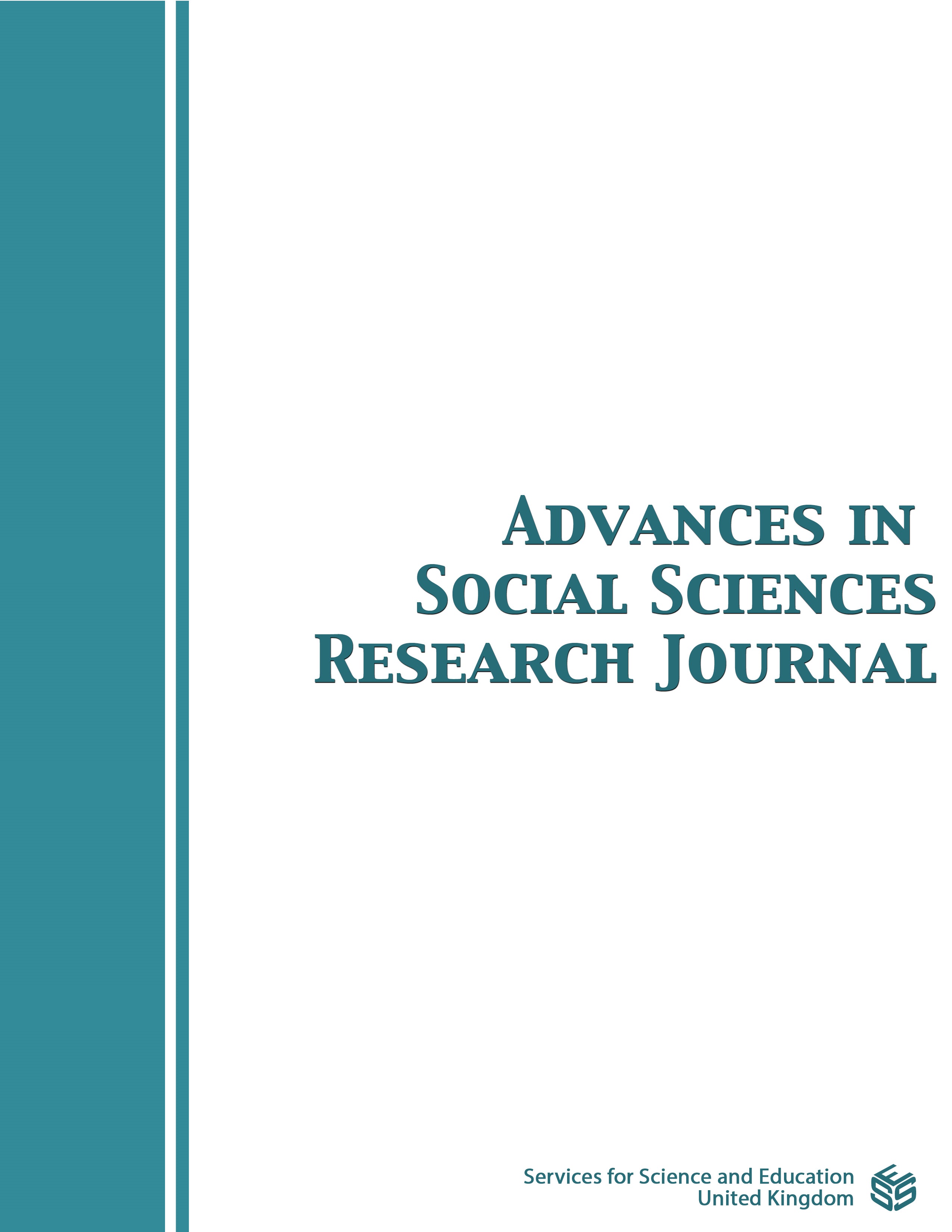Level of Depression by Sex Among High School Students in Three Municipalities of Antioquia, Colombia
DOI:
https://doi.org/10.14738/assrj.113.16305Keywords:
mental health, school-age population, health statistics, sampling, psychological research, psychological testing, social researchAbstract
Introduction: The mental health of school-going adolescents is an issue of concern for some administrators in health and education fields at some municipalities in the department of Antioquia. Development: The aim was to determine the distribution of depression levels among high, mild, and none levels according to the gender of adolescents attending school in three municipalities of Antioquia. In each population, a random sample was obtained, designed with a 95 % confidence level for the presence of depression in students aged 11 to 19 years, with an-error ranging between 3 and 5 %. The research group measured the presence of depression with the Children's Depression Inventory (CDI). Municipal authorities provided the permission and the consent of parents, teachers, and students. The group analyzed simple correspondence using the statistical software SPSS and RStudio. Results: At the highest level of depression are mainly women from Marinilla and Carmen de Viboral; at the mild level are women from the two areas in Medellín; at the no depression level are men from Carmen de Viboral and the two areas in Medellín. Conclusions: depression is a public health problem, and when it occurs, it is more likely in women than in men; in some municipalities, there is no difference between men and women, and the whole population should be intervened to remedy the situation.
Downloads
Published
How to Cite
Issue
Section
License
Copyright (c) 2024 Ramón Eugenio Paniagua Suárez, Ilder Horacio Tangarife

This work is licensed under a Creative Commons Attribution 4.0 International License.
Authors wishing to include figures, tables, or text passages that have already been published elsewhere are required to obtain permission from the copyright owner(s) for both the print and online format and to include evidence that such permission has been granted when submitting their papers. Any material received without such evidence will be assumed to originate from the authors.






